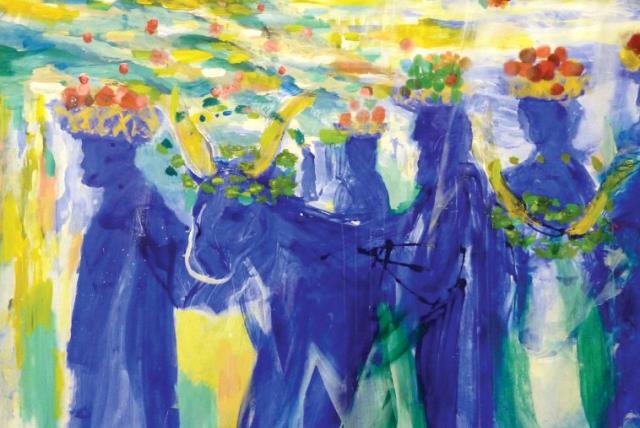Uncategorized
Beryl Palnik Honored!
Beryl Palnik Honored!
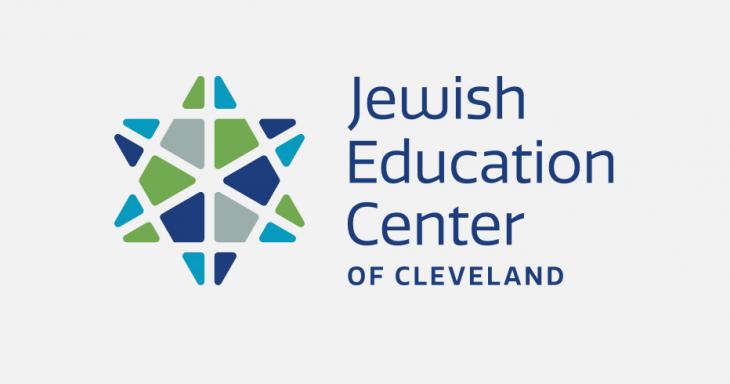
On December 22nd, The Jewish Education Center (JEC) announced the recipients of their 2021 Educator Awards. The Awards will be formally presented at the JEC’s 28th Annual Celebration, to be held on March 6, 2022.
The Albert B. Ratner and Jack and Esther Goldberg Israel Fellowship, which provides funding for study opportunities in Israel, is given annually to two outstanding teachers: one from a day school and one from a supplementary school.
This year’s recipients are Lauren Henkin, Middle School Language Arts teacher at Gross Schechter Day School, and our very own Beryl Palnik, Religious School Educator at Beth Israel – The West Temple!
Congratulations, Beryl!
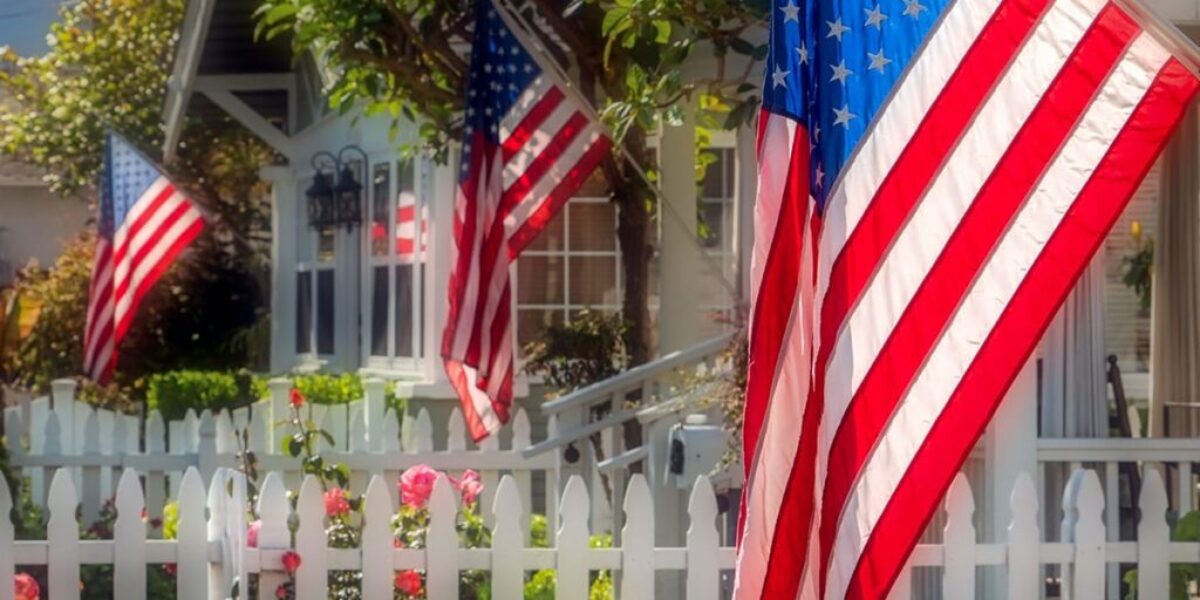
9/11 Commemoration
September 11 Commemoration
Saturday, September 11, 2021 –
20 years later – Rabbi Lader will lead a short interfaith service of thought, community, and togetherness.9:00 a.m.Lakewood Park Gazebo, NE corner of the park. Please invite your friends and neighbors [Luis Fernandez will be leading Torah Study and the Shabbat Morning Service by Zoom that morning.]

Round Raisin Challahs for the High Challah-days
Order Your Round Raisin Challahs for the “High Challah-days”
Once again this year we have made arrangements with Blackbird Bakery in Lakewood
(1391 Sloane Ave, Lakewood, 44107)
to make Round Raisin Challahs for Rosh HaShanah and Yom Kippur.
They will be available at $5.50 each.
Call Blackbird to reserve your challah: 216-712-6599
Check out their website for a listing of all their delicacies: http://www.blackbirdbaking.com
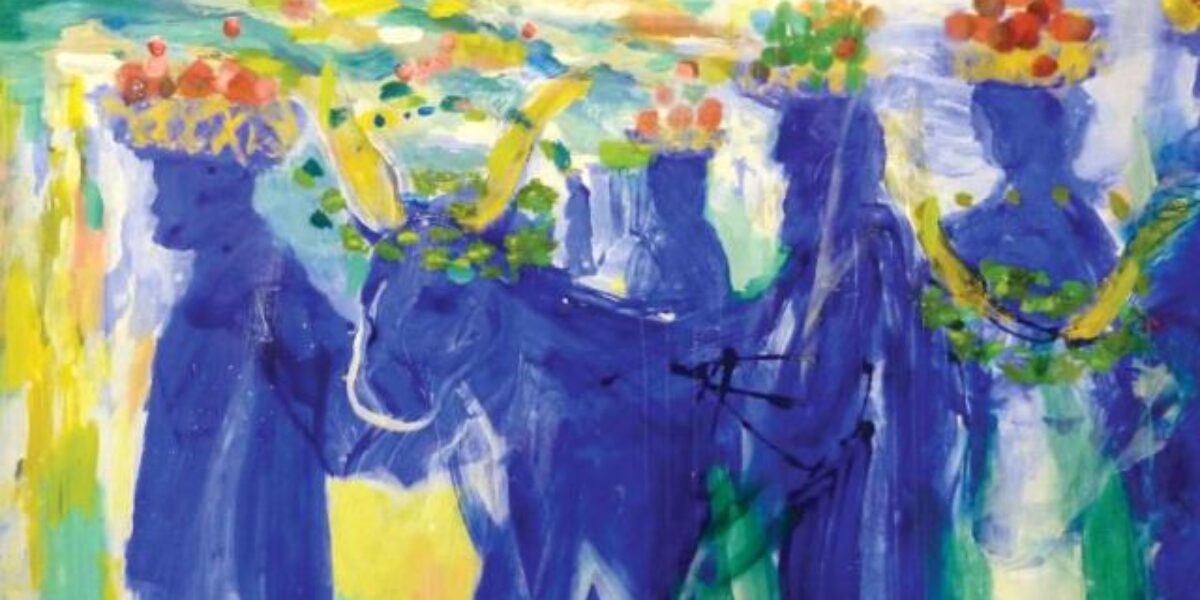
Ki Tavo – Deut. 26:1-29:8 (Aug. 26/7)
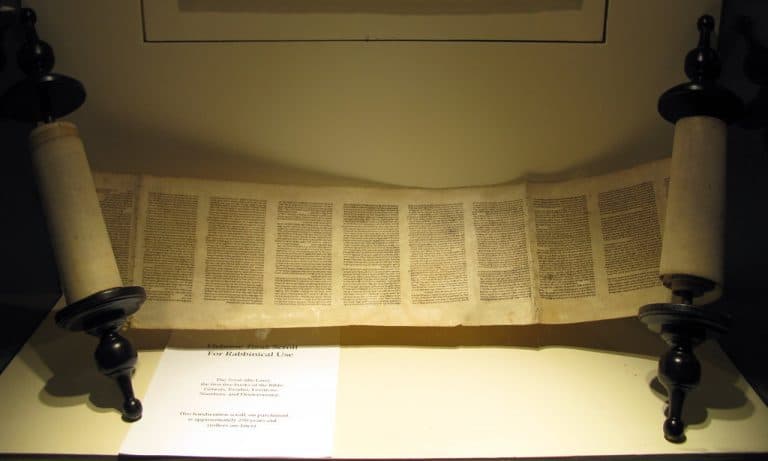
As the Torah Turns
Rabbi Lader’s Weekly D’var Torah
Ki Tavo – Deut. 26:1-29:8 (Aug. 26/7)
[This d’var Torah is from Rabbi Jethro Berkman, a program officer in Jewish education for the Jack, Joseph and Morton Mandel Foundation, in Newton MA]Cultivating a Culture of GivingA D’var Torah for Ki Tavo – Deut. 26:1-29:8. One of my most vivid memories of attending Hebrew school as a child is the passing of the tzedakah box at the beginning of class. When I arrived at the synagogue and took my seat in class, the teacher would pass a wooden tzedakah box around. On the days I had remembered to grab some coins from my parents, I would proudly slide them through the slot and hear the satisfying clink of the coins in the box. On the days I forgot, I would murmur an excuse and pass the box on to a classmate, feeling a bit embarrassed. Although the money wasn’t my own, and I didn’t know exactly where the tzedakah was donated, this ritual conveyed powerful messages that have stayed with me: giving to those in need is important and is deeply intertwined with being Jewish; I am part of a community that gives; giving is a holy obligation; giving is something that happens regularly; Jewish spaces are spaces where giving happens. This week’s Torah portion, Ki Tavo, conveys some of these same messages. It is part of a web of laws and stories that have shaped the Jewish imperative to give to those in need and that surely lies behind the tzedakah box ritual in my Hebrew school classroom. Ki Tavo begins by linking material abundance with Jewish peoplehood and gratitude to God. When the harvest ripens each year, each Israelite is commanded to bring an offering of his “first fruits” to the Temple and then to recite a declaration of thanksgiving to God, offering gratitude for being redeemed from slavery and brought to the land of milk and honey. The declaration is followed by a commandment for Israelites to set aside a tenth of their yield every third year and to distribute it to “to the Levite, the stranger, the fatherless, and the widow, that they may eat their fill in your settlements.” (Deuteronomy 26:12) By linking giving to the stranger, fatherless, and widow with the bringing of the first fruits to the Temple, the Torah frames giving to the needy as a sacred act. By requiring giving in triennial cycles, the Torah [makes real the abstract of giving tzedakah] as a regular obligation, not an act of benevolence dependent on the stirring of one’s heart. And by linking the giving to the needy with the altar “where the ETERNAL your God will choose to establish [God’s] name” (Deuteronomy 26:2), the Torah locates giving in sacred space. One can see in these verses the framework for giving that was echoed millennia later in my Hebrew school classroom. With its image of a basket of first fruits and its command to tithe the yield of the harvest for the poor, this portion also evokes the specter of hunger, as real today as it was in biblical times. We are living through a time of significantly increased food insecurity for millions of Americans, due primarily to the COVID-19 epidemic. Experts estimate that more than 50 million Americans have experienced food insecurity during the pandemic, an increase of 15 million people since 2019. A friend who works for a local food bank told me he has never experienced demand for food support like he has in the past year. And with the disruptive effects of climate change on crop yields and the prospect of increased inflation on the horizon, food insecurity may continue to grow. Ki Tavo’s verses linking regular giving, God, and sacred space to crops and food have a powerful resonance during this time of food insecurity. It is concerning, then, that in this time of food insecurity both religiosity and individual charitable giving in America are in decline. While in 2000, some 66% of American households donated to charity, in 2018 (the last year for which we have comprehensive data) the number had dropped below 50% for the first time in decades. While it is difficult to prove a causal connection between these figures and America’s well-documented decline in religiosity, the correlation is notable. It seems quite possible that the decreased participation in religious community and spaces in our increasingly secular age has led to a decrease in charitable giving, and one worries about the effects on both local soup kitchens and food banks and national hunger-fighting charities in this time of need. For the sake of the food insecure in these difficult days, and for the future health of our country, I hope that Ki Tavo’s powerful linking of sacred space and religiosity to the obligation to give to those in need can be strengthened. As Americans increasingly seek spirituality and community outside of organized religion, community builders, religious and non-religious alike, must work to cultivate cultures of giving. Looking back on my childhood, I can’t think of another space or club or activity that celebrated and normalized giving to those in need the way my Hebrew school did. The sacred space of the synagogue was where I (and hundreds of my Hebrew school classmates) learned that it is right and normal and holy and expected to give tzedakah, where we absorbed our sense of obligation to give to those in need. May the places we gather, the communities we build and the spiritual messages we share continue to inspire giving to those in need.
From Previous Weeks
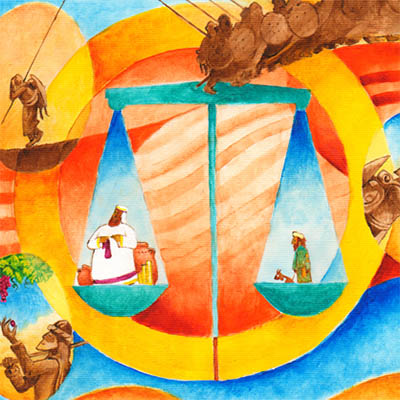
Re’eh – Deut. 11:26-16:17 (Aug. 6/7)
The Jewish ideals of giving to those in need – tzedakah – were summarized and taught by Rabbi Moses Maimonides.

Shoftim – Deut. 16:18-21:9 (Aug. 13/14)
Instruction for the Jewish value of bal tashchit – do not destroy — do not waste…
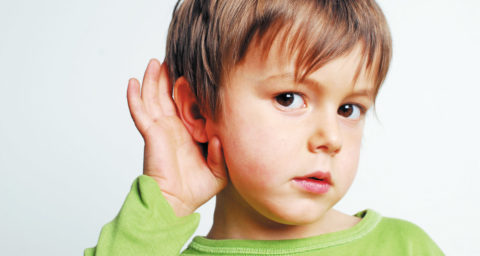
Ekev – Deut. 7:12-11:25 (Jul. 29/30)
Crowds are moved by great speakers, but lives are changed by great listeners…”
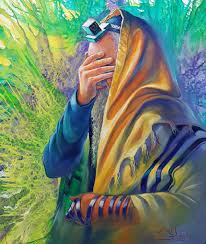
Va’etchanan – Deut. 3:23-7:11 (Jul. 23/24)
Attaching ourselves to God does not blur our individual identity, it sharpens it.
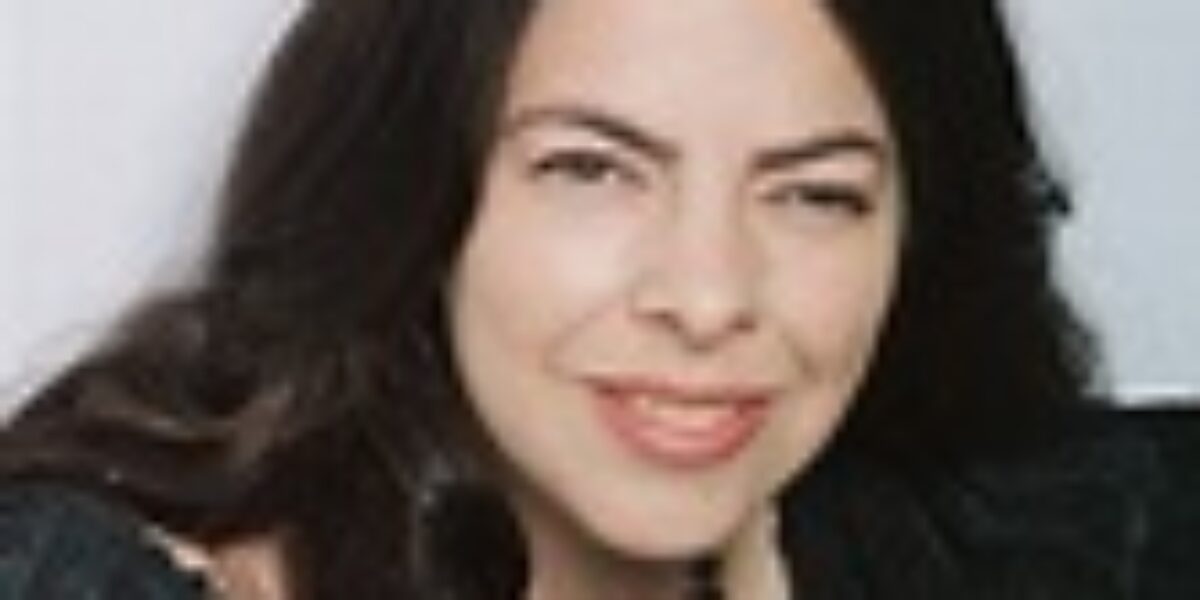
Selichot – In Preparation for High Holy Days
In Preparation for the High Holy Days
NEXT Saturday, August 28th – In Preparation for the High Holy Days…
7:30 p.m. – Zoom in for our Selichot Program, followed by Selichot Service led by Rabbi Enid Lader and Larry Sheir “Sacred Seasons – Sacred Times” Join us as we welcome Rabbi Jill Hammer, Ph.D. as she discusses the role of ritual as wejourney through the year and through our livesJill Hammer is the Director of Spiritual Education at the Academy for Jewish Religion. Jill is the author of three books: “Sisters at Sinai: New Tales of Biblical Women” (JPS, 01) and “The Jewish Book of Days: A Companion for All Seasons” (JPS, 06), and “Return to the Place: The Magic, Meditation, and Mystery of Sefer Yetzirah” (Ben Yehuda Press, ’20). She is the co-founder of the Kohenet Institute, a program in Jewish women’s spiritual leadership. An essayist, poet, midrashist and ritualist, her work has been in publications including Zeek Magazine, The Journal of Feminist Studies in Religion, The Torah: A Women’s Commentary, The Forward, The Jewish Spectator, and Lilith as well as on-line on many websites. Zoom in for the Selichot Program and Service:https://us02web.zoom.us/j/84862199429?pwd=Q3UyaldMVjhmZHJtdzN4OXBnREF6UT09 Meeting ID: 848 6219 9429Passcode: 539504Dial in: 646 876 9923

High Holiday Prayerbook Pickup
High Holiday Prayerbook Pickup

Sundays – August 22nd, 29th, and September 5th11:00 a.m. – 1:00 p.m. Or call the temple office to make other arrangements216-941-8882
Also included: Calendar for the 5782/New Year and, if you would like one, a Yahrzeit Candle (for Yom Kippur)
Pick up your prayer books… and drop off food donations… Each year, a highlight of our High Holy Day season is supporting the work of SCAN Hunger Pantry. We will have collection boxes by the temple’s rear entrance to receive your generous (and timely, i.e. non-expired) donations of canned and boxed foods, or you can send your tzedakah donations to: SCAN c/o 11556 White Tail Run, Columbia Station, OH 44028.
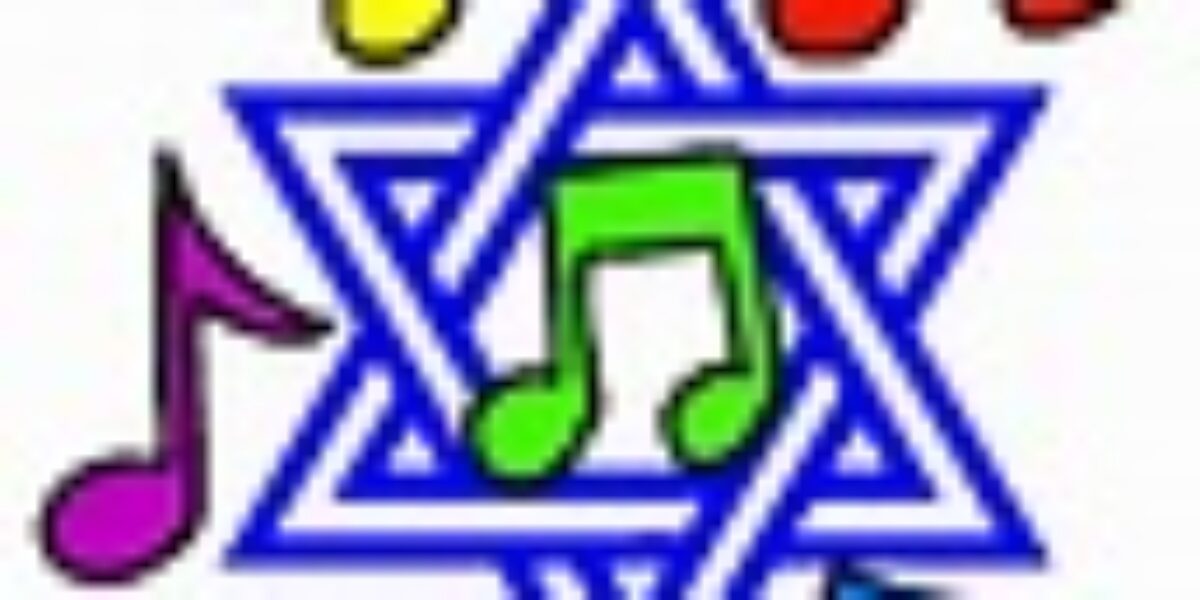
Zoom ‘n’ Lunch ‘n’ Learn
Zoom ‘n’ Lunch ‘n’ Learn with Rabbi and Friends
Before we formally begin our Lunch ‘n Learn year, zoom in for a special program on NEXT Thursday, August 19th Noon-1:00 p.m.
“Music for the High Holy Days”
What is the history behind some of our favorite melodies?There’s more than one melody for Kol Nidre?Perry Como really recorded Kol Nidre?And more… Join Zoom Meeting for Lunch ‘n Learnhttps://us02web.zoom.us/j/99546161373?pwd=WGE5RFYwT0lFN0JFWGhqci90Ylg5Zz09 Meeting ID: 995 4616 1373Passcode: 982930 Dial in: 646 876 9923
Important High Holiday Announcement
Important High Holiday Announcement
On August 10, the Board of Trustees had an emergency meeting to revisit High Holiday Covid-19 protocols in the light of new guidelines from the Centers for Disease Control. The Board made the difficult decision to eliminate in-person attendance at all services, including the High Holidays, until further notice. Our Religious School will re-open to in-person instruction in September as previously planned, however. High Holiday services will be streamed on our YouTube channel, as we did last year, and prayerbooks will be made available to all members. Details on when prayerbooks can be checked out will be sent to everyone very soon. Shabbat services will be held via Zoom. Access codes will be provided in Rabbi Lader’s weekly News You Can Use newsletter or by calling the Temple office (216-941-8882) Many factors went into this decision, which was made reluctantly. Among them were these:
- The rapid spread of the highly transmissible Delta variant throughout Northeastern Ohio. It now accounts for over 93% of all new infections.
- Evidence that fully vaccinated people can contract Delta (“breakthrough infections”) and spread it to others, both vaccinated and un-vaccinated. However, the same evidence shows that the Covid-19 vaccines remain remarkably effective at preventing serious illness and death. If you are not yet vaccinated we strongly urge you to do so, both to protect your health and the health of your family and friends.
- New CDC guidelines that strongly recommend having even fully vaccinated people wear masks and socially distance themselves when attending indoor events.
- The heightened risk of infection to those on the Bimah who cannot realistically mask during services, such as the Rabbi, Cantor, and our Torah readers.
- Allowing in-person attendance would have required rationing the greatly reduced seating. There is not enough time to work out the mechanics of such rationing.
- The increased uncertainty about the Covid-19 infection risk in the fall, including the possible emergence of other more transmissible and lethal variants.
- The Board’s responsibility to ensure the health and welfare of our community and our community’s responsibility to help mitigate the spread of this insidious virus.
Please be on the lookout for additional information via email and postal mail. If you have questions, please contact Board President Luis Fernandez via email (luisf@oberlin.net) or phone (440-935-4556).

